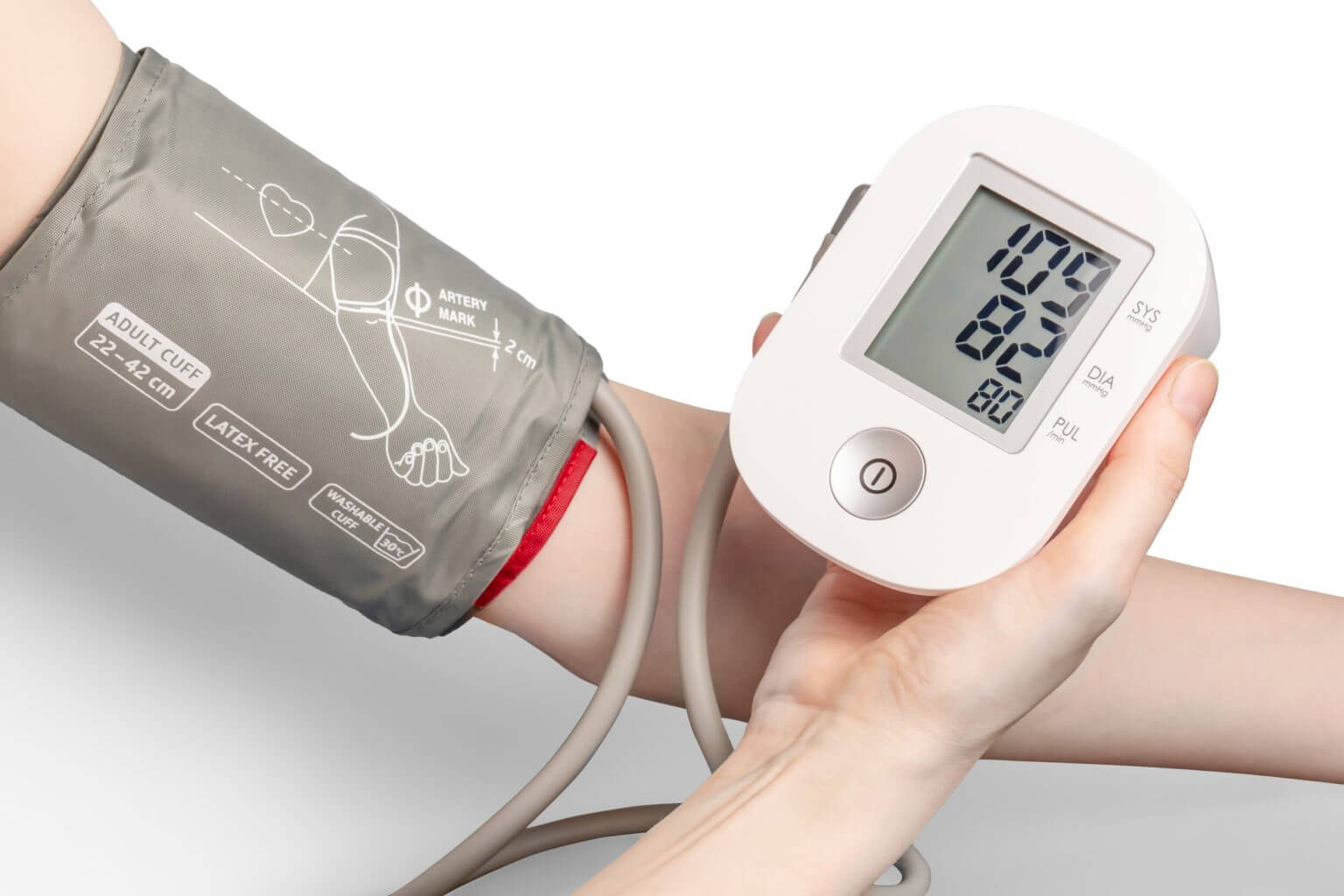High blood pressure, also known as hypertension, occurs when blood pushes against the walls of your arteries with excessive force. It’s a widespread issue, literally affecting millions of individuals globally and nearly half of the U.S. adult population. Often called the “silent killer,” hypertension frequently goes unnoticed due to its subtle nature, yet it can lead to severe complications such as heart disease, stroke, and even death.
There are two types of hypertension: primary (essential) and secondary. Primary hypertension stems from genetic and lifestyle factors such as family history, age, obesity, sedentary lifestyle, high sodium intake, and excessive alcohol consumption. Secondary hypertension results from medical conditions or medications like drugs, kidney disorders, sleep apnea, and hormonal imbalances.
Hypertension symptoms to watch for
Most people with hypertension experience no apparent symptoms, making regular monitoring essential. However, when symptoms occur, they might include:
- Headaches
- Vision changes
- Facial flushing
- Chest pain
- Shortness of breath
These signs often manifest when blood pressure reaches dangerously high levels.
Blood pressure is measured using a cuff around the arm, giving two numbers: systolic (top number) and diastolic (bottom number) pressure. Normal blood pressure is below 120/80 mmHg, while anything above 130/80 mmHg generally indicates hypertension. Regular screenings are vital, especially if you have risk factors or elevated readings.

Photo by Mockup Graphics on Unsplash
How can you prevent or treat hypertension?
Managing high blood pressure often starts with lifestyle changes. These include reducing salt intake, maintaining a healthy weight, regular physical activity, quitting smoking, and limiting alcohol consumption. These steps can significantly impact your blood pressure and overall health.
Depending on the severity of your hypertension, medications might be necessary. These can include various classes of drugs, such as:
- Thiazide diuretics
- ACE inhibitors
- Angiotensin receptor blockers
- Calcium channel blockers
Your doctor will tailor your treatment based on your specific health needs and the effectiveness of the medication.
Understanding blood pressure readings is crucial. A reading like 110/70 mmHg is normal, while 138/80 mmHg indicates mild hypertension. Blood pressure in the 120-129/less than 80 mmHg range is elevated, 130-139/80-89 mmHg is stage 1 hypertension, and above 140/90 mmHg is stage 2 hypertension. A reading exceeding 180/120 mmHg demands immediate medical attention.
Regular communication with healthcare professionals and staying informed are crucial to managing high blood pressure effectively. With the right approach, leading a healthy and active life is possible despite this condition.





Recommended Comments
There are no comments to display.
Join the conversation
You can post now and register later. If you have an account, sign in now to post with your account.
Note: Your post will require moderator approval before it will be visible.